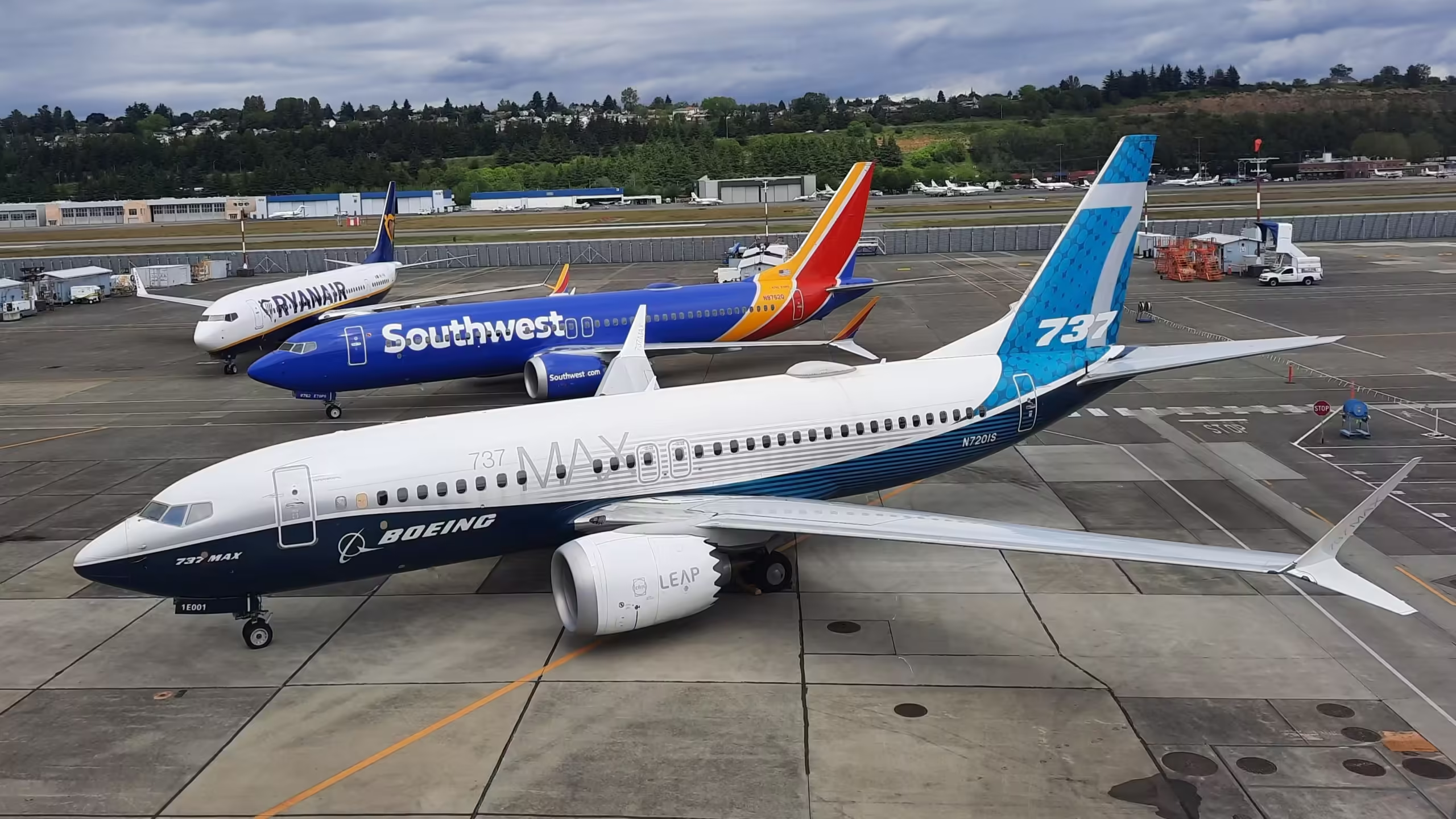October 2024 — Boeing announced it would cut 17,000 jobs due to increasing financial losses as a long-running factory strike dims the outlook for the aerospace company. The company would eliminate both manufacturing and corporate positions as it attempts to battle through the effects of the strike and other industry-wide problems.
Job Cuts: A Response to Mounting Pressure
Boeing’s decision to axe 17,000 employees is part of an all-out cost-cutting program as production slumps. The two-week old strike paralyzed the lion’s share of its major manufacturing operations, straining a delicate financial position.
Production came to a standstill at the company’s major sites when around 27,000 unionized employees at the Seattle-based company struck to claim better wages and conditions. The firm has been facing supply chain disruptions, impacts from the lingering COVID-19 pandemic, and setbacks in new aircraft programs: the 737 MAX and 787 Dreamliner.
Boeing Statement on the Layoffs
Boeing acknowledged in a statement that it did not take the hard decision to downsize without careful consideration but emphasized that “strategic restructuring” was needed to save the company long term. “We understand the impact this will have on our employees and their families, but these changes are necessary as we navigate through an extremely challenging period,” the statement reads.
The company reasoned its decision to update the production schedules by highlighting a rise in labor costs, failure in its supply chain, and the strike. Boeing admitted that it was doing everything possible to ensure the strike ends as soon as possible while warning that failure in the negotiations may accrue more losses.
Response from the Union and Continued Strike
The union representing factory workers at Boeing reacted with a typical storm of angry outburst concerning the proposed job cut and how it fell on deaf ears. Some union leaders have argued that the company’s management has failed and refused to bring solutions on the table in respect to concerns facing its various hardworking laborers. He continued that these consequences will only stop if Boeing’s management meets the demands of the union leaders: more pay, better security of the working environment, and job security.
Says a union statement: “This decision by Boeing to cut thousands of jobs while workers are fighting for fair wages is unacceptable. The company should be focusing on resolving the strike, not putting more livelihoods at risk.”
Labor and Boeing have been in back-to-back bargaining sessions for weeks, but stalled at a number of issues: more pay, security at work, and more job security for production employees on the union’s wish list.
Financial Impact on Boeing
The strikes have worsened the financial issues Boeing was facing already; the corporation reported its greatest losses in history. The current strikes have halted the construction of crucial aircraft; delayed deliveries of aircraft and deal the most crushing blow to income. In addition, the corporation is experiencing disruption within the supply chain, an enhanced cost for materials as well as late completion of some key aircraft programs; have only added to Boeing’s losses.
The recovery of the commercial aviation market was slow, never actually bouncing back from its effects due to COVID-19 and hitting Boeing hard. The main customers of Boeing are airlines, who financially suffer too, therefore quickly hastening the slowdown of new aircraft orders and deliveries.
What Next for Boeing?
Boeing will implement job cuts over the next few months as it tries to tame its finances. The company is also looking for rapid resolution of the strike to get production going once again and ensure meeting commitments related to deliveries.
Actually, according to the opinion of industry analysts, the future of Boeing will depend on this company’s ability to overcome challenges while continuing to cooperate with major customers and suppliers. According to the company management, it intends to regain profitability, but the way to this point will be unclear.
Boeing’s on-going issues also raise interesting questions about the industry as a whole, which, in general, has been hurt by similar factors, such as delays in its supply chains, labor disputes, and slowly recovery from global air travel losses.
